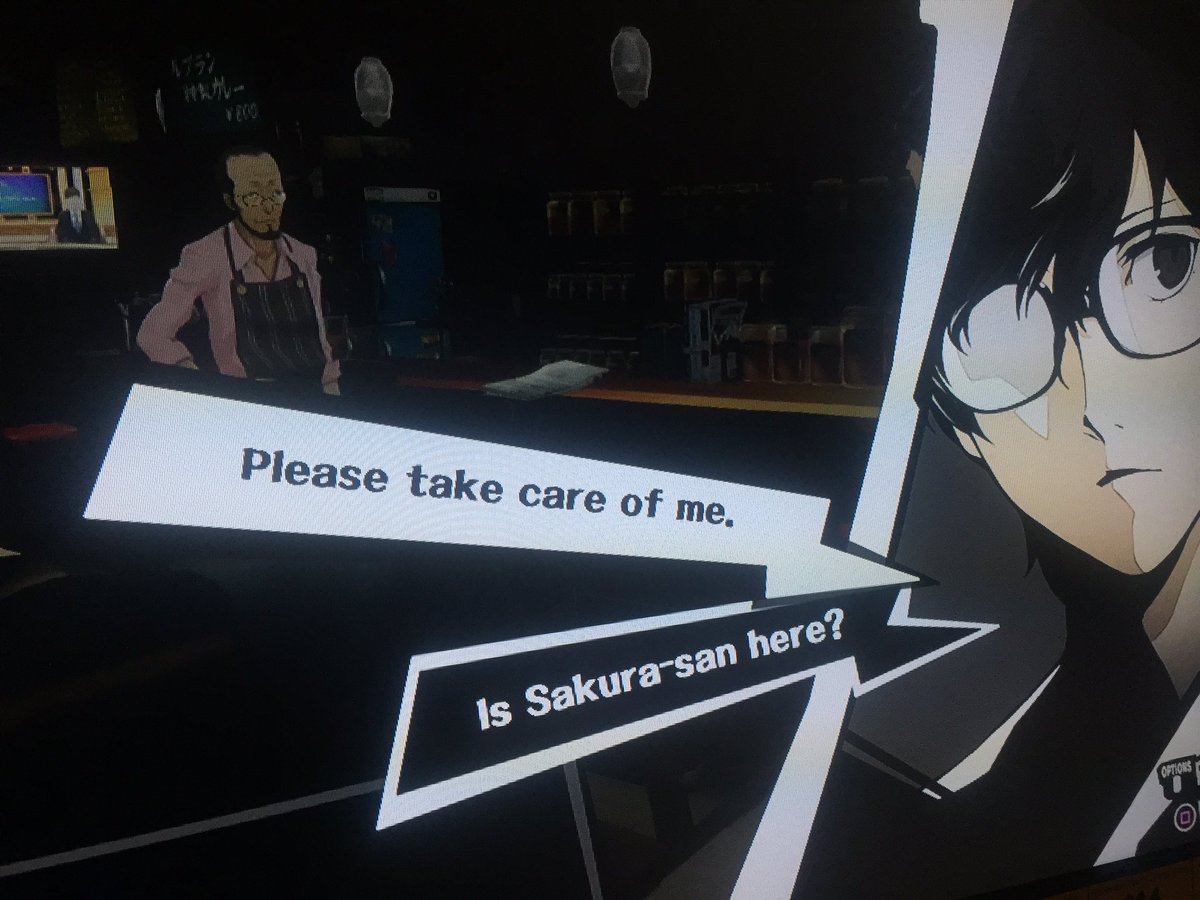I think the bottom two quotes are okay; they just read very formally.
Nope:
They seem to have a problem with prepositional phrases. ". . . too nice
for not abandoning a punk like that" – they're pretty much using "for" like a conjunction or verbal punctuation. You can't lead from a preposition like "for" into a whole new complex clause. Plus going into a participle like "abandoning" after a preposition is clunky – almost straight-up broken if you negate it with "not [abandoning]".
Cutting "for" entirely would almost fix it: ". . . he's too nice, not abandoning a punk like that".
Edit: plus "abandoning" doesn't seem like the right word here at all, although I don't know the context, soo
"To answer your expectations" is straight up broken English too - you can't "answer" expectations.
I mean, I acknowledge them - but that's about it really, there's no use complaining when, like you said, it's not a big issue in the scope of the whole game. Terms like 'embarrassing' and such are overblown in my opinion, but if it really is a thread purposed to vent about it then I'll show myself out.
In a game where the story and writing are major, major draws, the story and writing should be executed as well as possible. If I saw these lines it would definitely crack my immersion in and perspective on the game.
The issues, albeit minor, suggests that they skimped on the budget (management or staff) for the English localisation. That's their prerogative – perhaps they care more about ensuring the Japanese audience's experience is airtight, then fair enough.#
I can see this one, but since english isn't my first language, can you explain what's gramatically incorrect about the other ones? To me they seem clunky, but not wrong
See above re 'to answer your expectations'. It's semantics really, but that still links with how sentences fit together.
The other example is sort of like grammatical mishandling rather than full-blown errors. It betrays a lack of understanding about how formations of different types fit together. They have linked two clauses together with a preposition ("for") that doesn't really work like that - especially when you've thrown a negative right in after it.
Re this example:
A few little semantic breaks; someone's rehabilitation is a passive abstract concept, it can't determine anything (e.g. the "the completion of your rehabilitation" would work better); "determines if ruin can be stopped" should be "will determine if" and the verb "stopped" isn't right – "prevented" is more appropriate to the noun.








